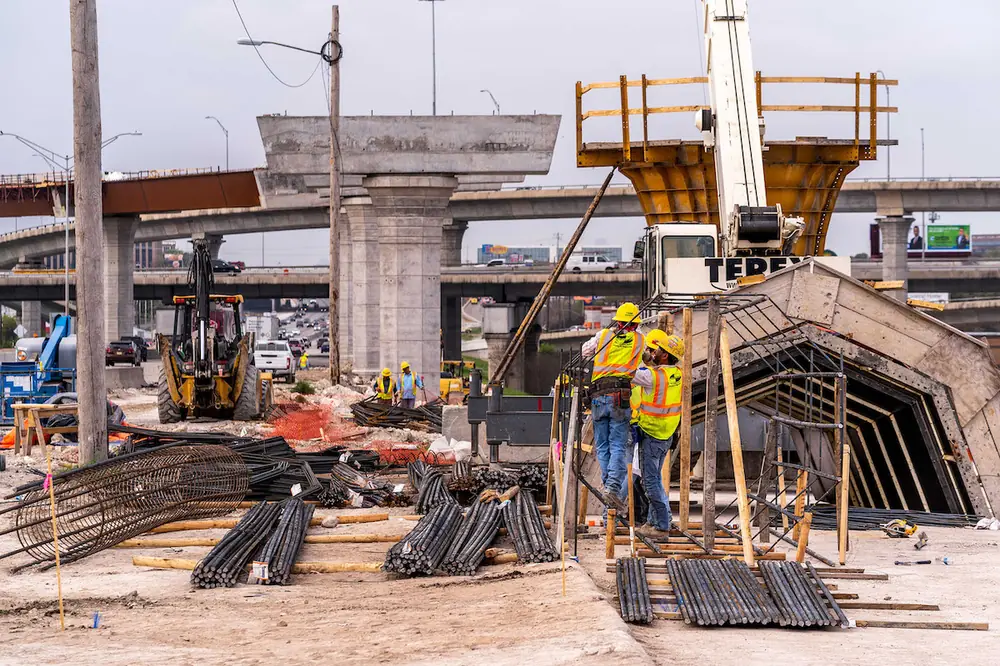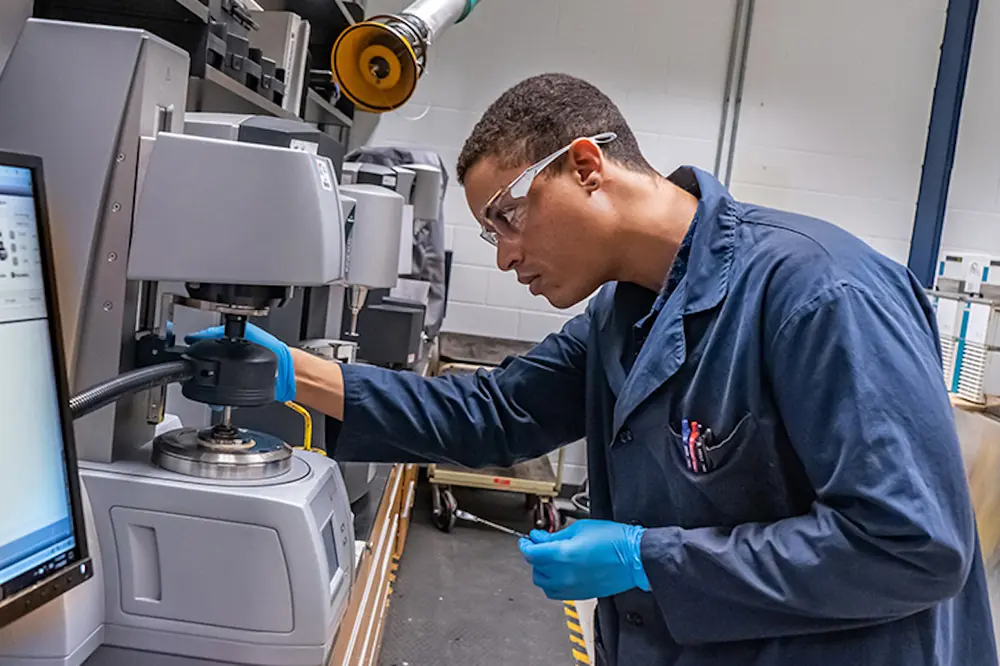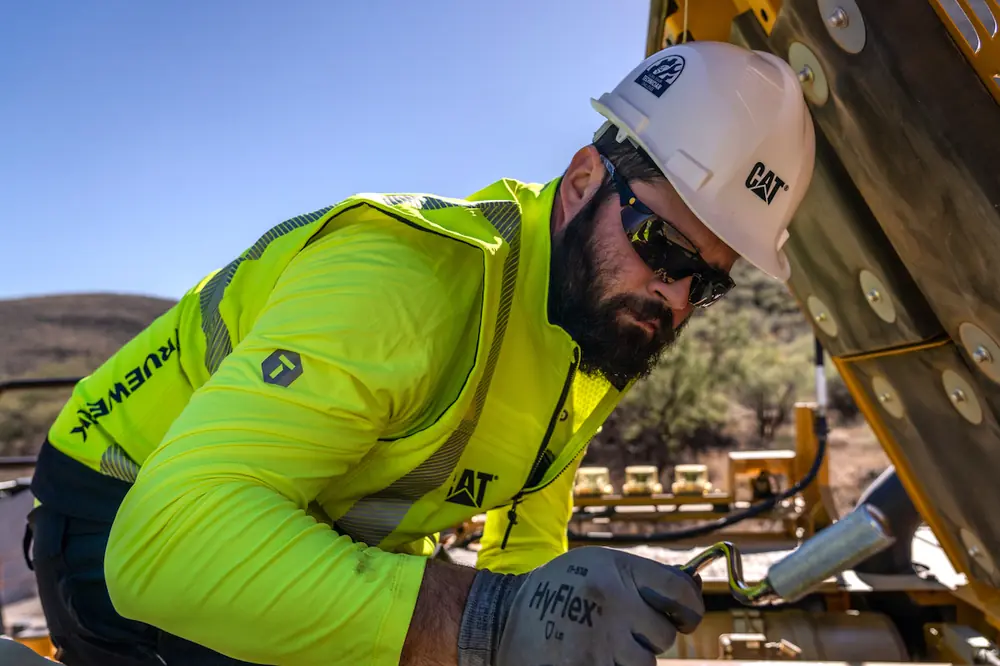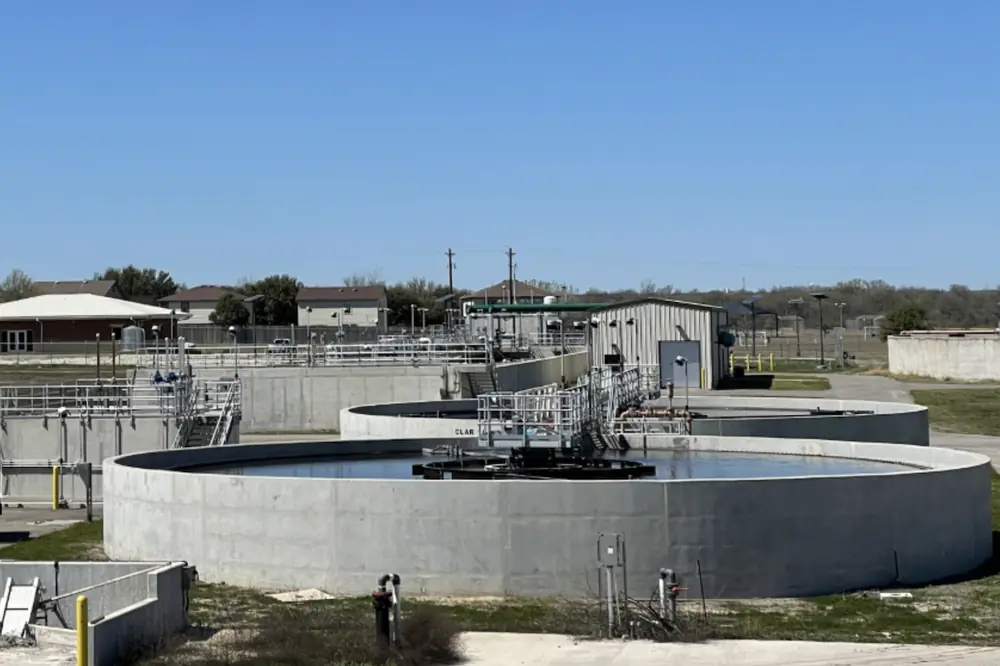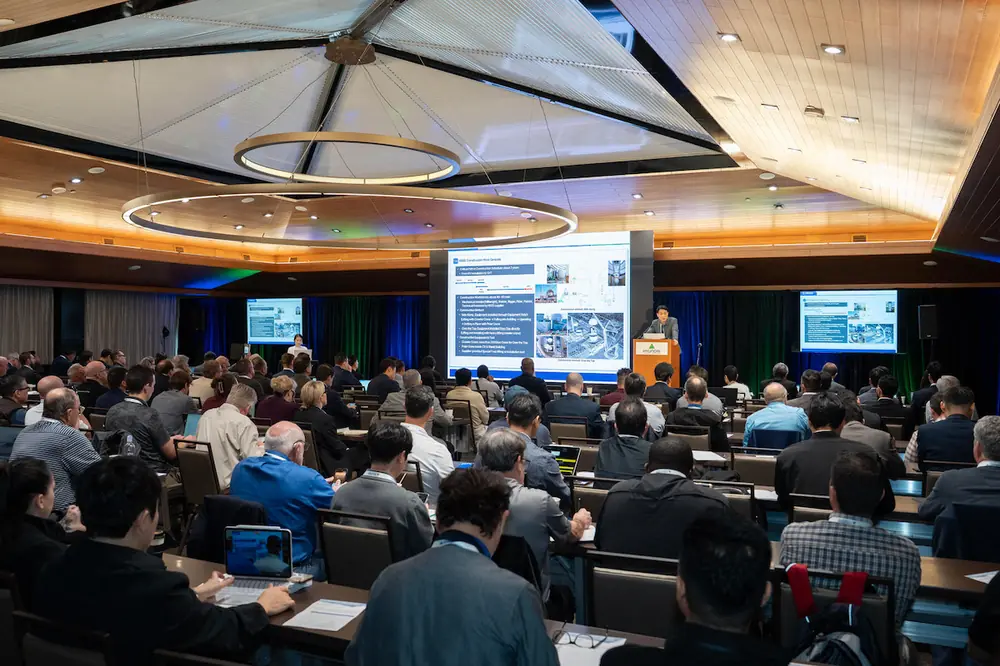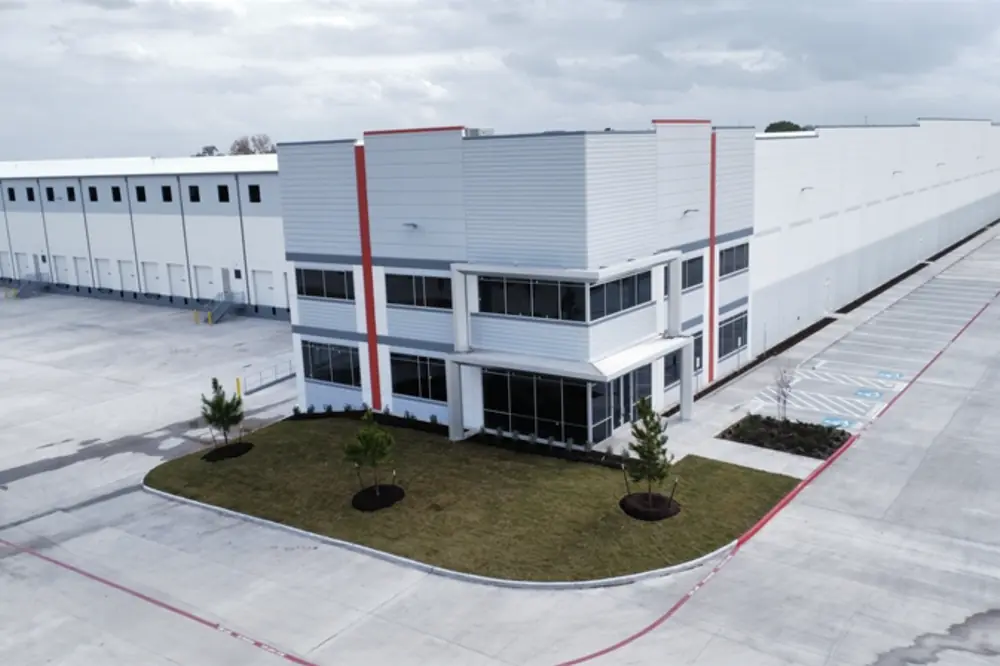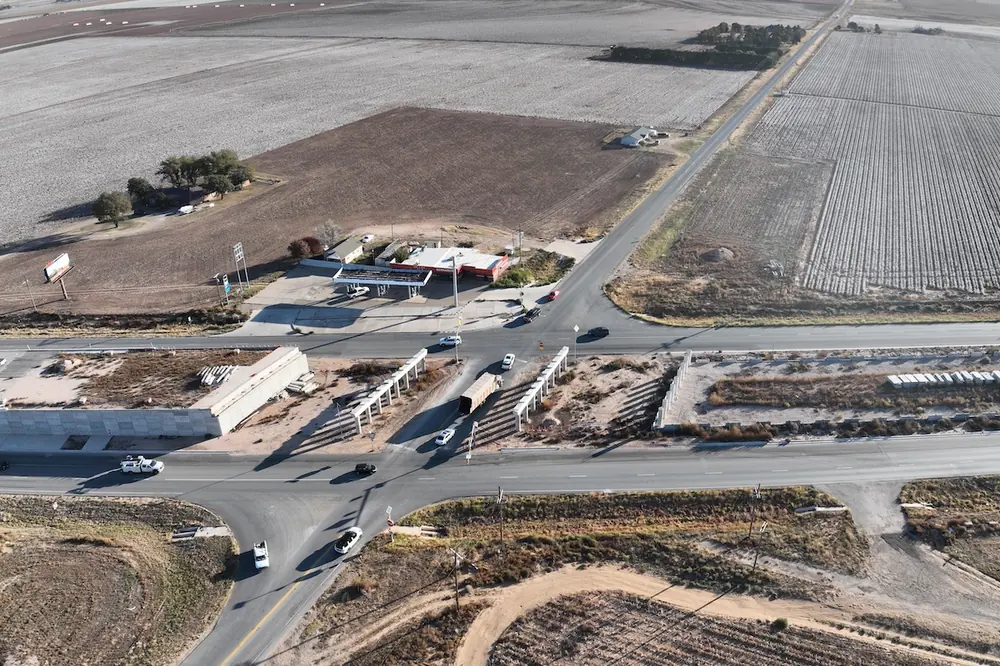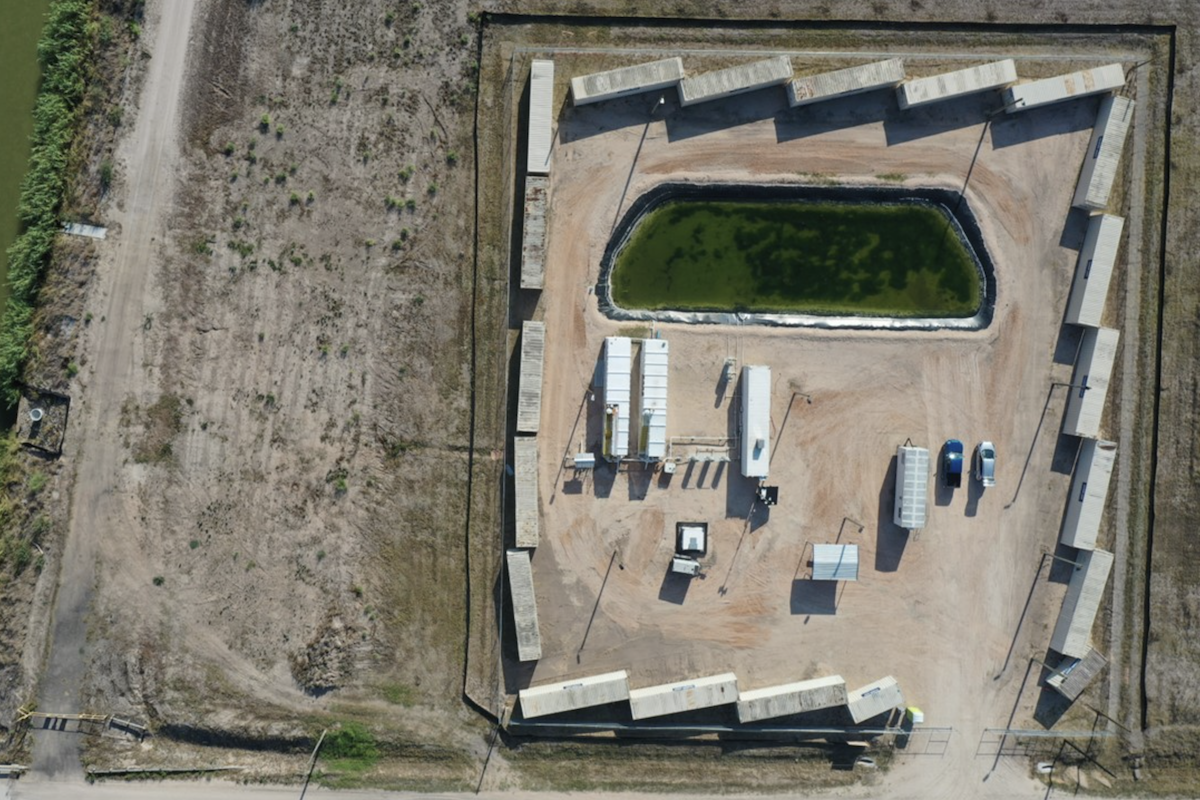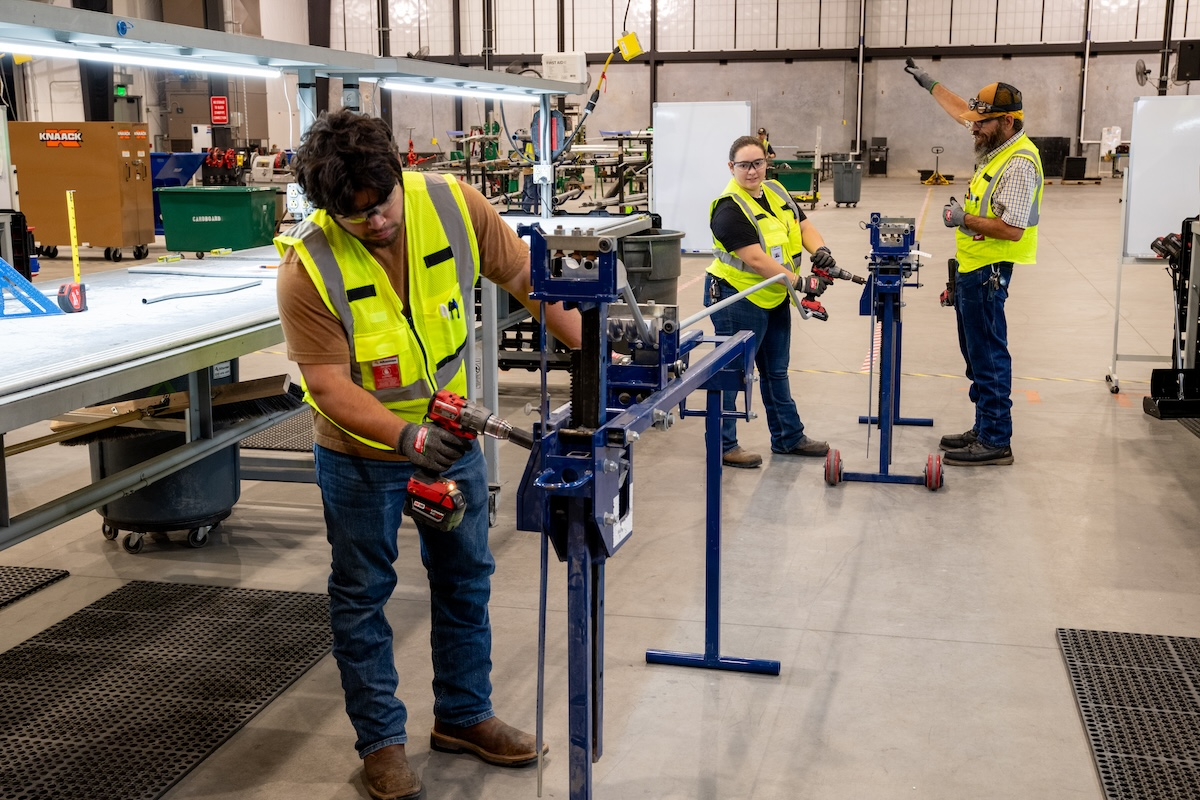Contractors concerned about protecting proprietary company information should consider adding noncompete agreements to their normal business practices. A recent failed attempt by the federal government to completely ban noncompetes reignited the contentious debate about the balance between freedom of contract versus freedom to work, and states have now put the issue at the forefront of their legislative agendas.
Texas currently embraces freedom of contract, but that doesn’t come without its limitations. Moreover, recent challenges to the status quo should keep employers on their toes. Contractors and their employees alike should know the current trends and what could lie ahead and understand how to navigate the changes.
Noncompetes, or noncompetition agreements, affect nearly one in five working adults in the United States. A noncompete agreement is just what it sounds like; it’s an agreement between an employer and their employee, where the employee agrees that when the employment ends, they will not compete with their former employer. In essence, the agreement restricts the employee from immediately joining a competing business or starting a competing business after leaving their employer.
Critics of noncompetes claim that these agreements smother innovation, stifle competition, and infringe on a worker’s right to change jobs. These employee advocates assert that a ban on noncompetes would give employees more career opportunities and wage growth.
However, construction industry trade groups express support for noncompetes, at least to some extent. Contractors often feel that the agreements are necessary to protect trade secrets and intellectual property. This is especially true in an industry that operates on small margins, relies on proprietary techniques and pricing data, and survives on client relationships and customer lists. Another concern is that contractors might be less inclined to invest in employee training and development when an employee can easily transport that training or knowledge to a competitor.

| Your local Liebherr Construction Eq dealer |
|---|
| Nueces Power Equipment |
| Nueces Power Equipment |
Noncompete agreements are currently governed by state law. In April 2023, the Federal Trade Commission (FTC) issued a final rule banning all noncompete agreements across the country. But this rule has been blocked by the courts. On October 18, 2024, the FTC appealed an order in which a federal district court halted FTC enforcement of its rule. But just weeks ago, the FTC took steps to dismiss its appeal in a federal appeals court. The rule is now widely considered dead.
So, our focus now is on state regulation. We see states that limit or prohibit noncompetes and other states that have sought to expand their use.
The pending FTC action seems to have triggered even more state legislatures to re-examine their own stances on noncompetes. Many states rapidly enacted their own legislation. Currently, four states (California, Oklahoma, North Dakota, and Minnesota) ban the use of noncompetes entirely, and 33 states and the District of Columbia now restrict their use in some way.
In March, Texas Representative Christina Morales of Harris County introduced Texas House Bill 4067 (HB 4067), which sought to mimic the FTC ban and prohibit most noncompete agreements in Texas. The bill did not pass, but we cannot predict what the legislature will do in 2027. As legislators focus on noncompetes, contractors should understand their limits, implications, and how to navigate them now and in the future.

| Your local Bobcat dealer |
|---|
| Compact Construction Equipment, Inc |
| Bobcat of North Texas |
| Compact Construction Equipment, Inc |
| Bobcat of North Texas |
The majority of proposed or passed legislation regarding noncompetes include five broad categories of bans:
- Complete or near-complete bans: Eliminates all noncompetes in an employment context within the state (with limited exceptions like the goodwill sale of a business or dissolution of a partnership)
- Income thresholds: Limits noncompetes to workers with higher paychecks
- Industry bans: Eliminates noncompetes for entire categories of workers
- Other bills: Regulation of noncompetes through focus on the legal basis for a noncompete, the definition of a noncompete agreement, and steps an employer must take to enforce a noncompete
- Expansions: Bills that would repeal an existing ban or make it easier for employers to enforce noncompetes
Many states require that the restrictions of a noncompete must be “reasonable.” Typically, a “reasonableness” standard places limitations on the period of time a noncompete may be in place or the scope of the types of business and work restricted — usually requiring that a noncompete be narrowly tailored to specific aspects of a business or restricted to the locations that the employer actually does business.
Contractors should also be aware of state laws that include process requirements for the enforceability of noncompetes. These may include using bolded, conspicuous language in the agreement highlighting the noncompete clause. Other requirements may include a consideration period for the employee to review the agreement before being required to sign.

| Your local LeeBoy dealer |
|---|
| ASCO Equipment |
| Closner Equipment Co Inc |
| Romco Equipment Co |
| ASCO Equipment |
| Closner Equipment Co Inc |
| Romco Equipment Co |
As it relates to construction, Texas is a state falling under the “Other bills” category listed above. Texas regulates the legal basis under which a noncompete becomes enforceable. Here, noncompete agreements are enforceable provided they are:
- Ancillary to or part of an otherwise enforceable agreement at the time the agreement is made
- Contain reasonable limitations as to time, geographical area, and scope of activity to be restrained
The limitations may not impose a greater restraint than is necessary to protect the goodwill or other business interest of the employer. See Chapter 15 of the “Business & Commercial Code,” which contains the provisions often referred to as the Non-Compete Act, found in sections 15.50-52.
“Ancillary to or part of an otherwise enforceable agreement” simply means that the noncompete agreement must be made in connection with another agreement that is supported by consideration. In other words, the noncompete agreement will not be enforceable if it is a one-sided, stand-alone agreement. Consideration simply means that the employee is getting something in return for something else. The most common ancillary agreement is a noncompete accompanied by a confidentiality agreement (where the employee is agreeing not to disclose confidential information in exchange for receiving that confidential information).

| Your local Trimble dealer |
|---|
| WPI |
| WPI |
| Kirby-Smith Machinery |
The reasonableness standard is really a fact-heavy inquiry and depends on a number of factors, such as an employer’s market, the employees’ reach, the rank of the employee and their job description, and the scope of the limitation. Most courts find that noncompetes exceeding one to two years are unreasonable. In essence, an employer cannot be overly restrictive and prevent an employee from making a living in their field of work.
While noncompetes in Texas are currently permissible (provided they meet the above criteria), contractors should be proactive in protecting themselves from the potential repercussions of noncompete bans or limitations. First and foremost, contractors must stay up to date with their state’s current noncompete laws and legislation that may be in the pipeline.
For those states that do not have complete bans, contractors must be sure that their noncompete agreements comply with any process requirements like review periods or conspicuousness. Also, they must be aware that particular employees or trades may be exempt from the enforceability of noncompetes.
Even in complete-ban scenarios, contractors are not precluded from taking other steps to protect themselves. Contractors can utilize non-solicitation, non-disclosure, and confidentiality agreements to protect confidential information and trade secrets regardless of whether a noncompete is permitted. Non-solicitation agreements, in particular, focus just on the employee’s ability to compete directly by soliciting the contractor’s own customers without broad industry-wide restrictions. However, those agreements may only be enforceable if they don’t function to prevent a worker from seeking or accepting other work or starting a business after their employment ends.

| Your local Case Construction Equipment Inc dealer |
|---|
| ASCO Equipment |
| Nueces Power Equipment |
| ASCO Equipment |
| Nueces Power Equipment |
If you work in a state banning noncompetes, you might consider restructuring an employee’s compensation package to retain top talent or discourage transitions to others in the industry. Changes could include higher pay, profit sharing, or post-employment bonuses that could be contingent on not joining a competitor.
Ready or not, changes are coming. Texas contractors must stay up to date with the latest noncompete legislation and take care to know their limitations under the law. Should Texas swing and completely ban or further restrict noncompetes, contractors must find alternatives. Creative compensation packages, non-solicitation agreements, and confidentiality agreements are just some of those options a contractor may use in order to adequately protect themselves.














